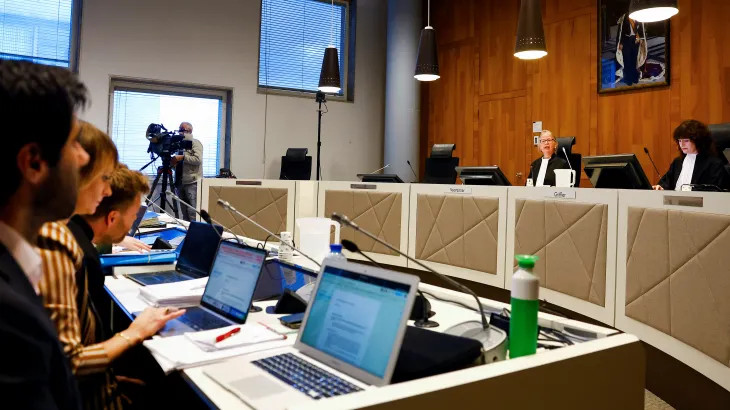The request requires the approval of ICC judges, but their decision has been delayed, partly because of several rounds of legal filings by Israel that have challenged the court’s jurisdiction.
The Office of the Attorney-General of Israel said in a statement dated November 11, which was seen by Reuters on Wednesday, that Hohler had worked for the Office of the Prosecutor before she was elected as an ICC judge last December.
“Israel respectfully requests that Judge Beti Hohler provide information to clarify whether there are (or are not) grounds to reasonably doubt her impartiality,” it said.
ICC rule amid bias concerns
Israel does not suggest that Judge Hohler’s previous employment with the OTP necessarily or automatically gives rise to a reasonable apprehension of a lack of impartiality,” it said. However, judges of this Court have acknowledged that previous duties within the OTP may, depending on the circumstances, give rise to a reasonable apprehension of bias.
Filing the request for arrest warrants in May, the ICC’s chief prosecutor said there were reasonable grounds to believe that Netanyahu, Gallant, and the three Hamas leaders had committed war crimes and crimes against humanity. All three Hamas leaders are now dead or believed to be dead.
The court has no set deadlines but has generally taken about three months to rule on requests for arrest warrants in previous cases.







![The scene of accident at Iguhu River Yala Bridge along Kisumu-Kakamega Road. [Courtesy]](https://i1.wp.com/cdn.standardmedia.co.ke/images/wysiwyg/images/cHrgpMKyb5MSFF30Nwq6znAuUsmbMN5zHf2xpbny.jpg?w=1200&resize=1200,0)


